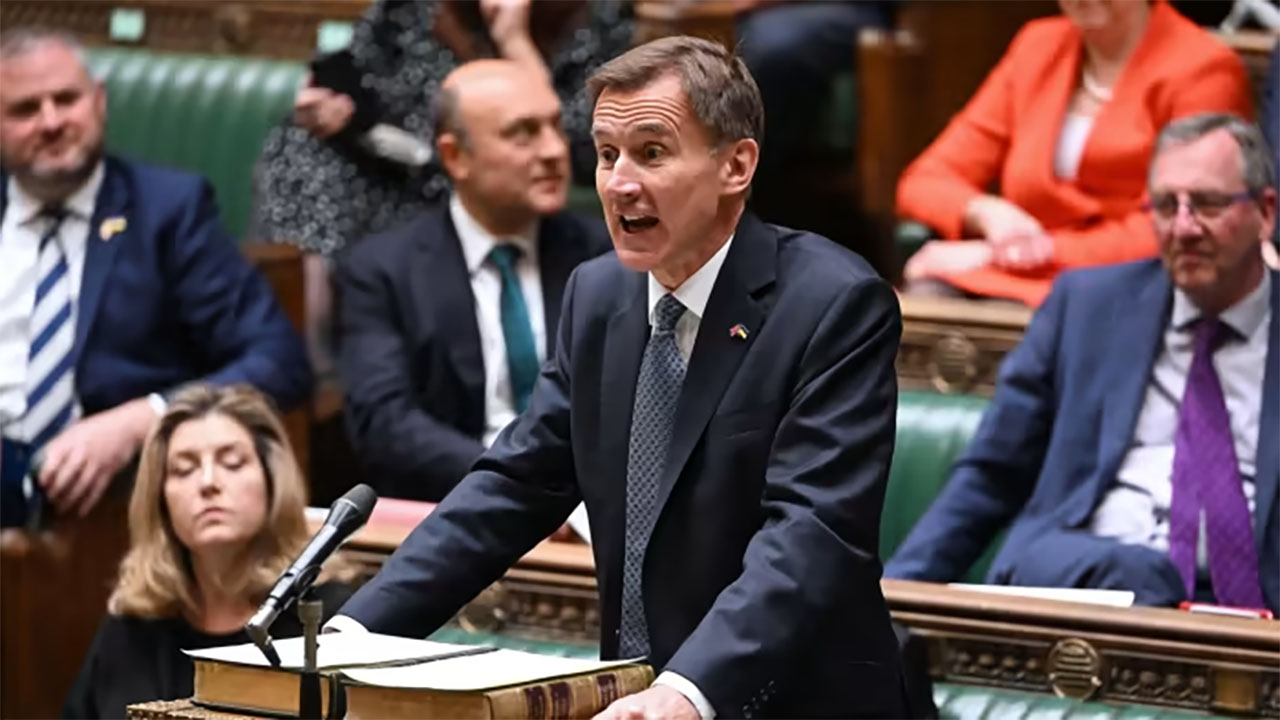Following the Autumn budget announcement, I have reviewed what Employers/HR need be aware of;
Increase in National Minimum Wage and National Living Wage
National Living wage will increase as recommended by the Low Pay Commission (LPC) by a dramatic 9.7% for individuals aged 23 and over to £10.42 per hour. This increase could see a lower paid full-time employee receive an annual uplift of £1600 and potentially over 2 million employees benefitting.
From April 1st 2023, National Minimum Wage will increase as below.
- Increasing the rate for 21-22 year olds by 10.9% to £10.18 an hour;
- Increasing the rate for 18-20 year olds by 9.7% to £7.49 an hour;
- Increasing the rate for 16-17 year olds by 9.7% to £5.28 an hour;
- Increasing the apprentice rate by 9.7% to £5.28 an hour; and
- Increasing the accommodation offset rate by 4.6% to £9.10 an hour
This is welcoming news for many employees, but the harsh reality of this is that small business owners will not be able to afford these increases. I am talking regularly to my clients, and they are already trying to tackle energy bills and inflation. Sadly, there has already been talk of redundancies since the budget announcement for many of my clients in an effort to remain solvent.
Income Tax and National Insurance
It was confirmed that both national insurance and personal tax and inheritance tax thresholds would remain frozen for an additional two years, until April 2028, (previously April 2026).
However higher earners will be affected with the £150,000 top income tax rate level will be reduced to £125,140.
Again, considering smaller businesses, they are already faced with increases in office rent, to larger than budgeted for pay raises, in response to the Chancellor’s intention to boost taxes.
Supporting Workforce Leavers
£280 million investment has been promised for the Department for Work and Pensions (DWP) in an effort to get adults who are no longer working, back into work, along with supporting the department in clamping down on benefit fraud. An additional £11 billion will be invested into benefits.
As part of his pledge to support the DWP Hunt stressed his commitment to improving the prospects of securing employment for those who have left the workforce and will be undertaking reviews. Included in this initiative will be the requirement for those receiving Universal Credits to regularly meet with work coaches.
Whilst this is a step in the right direction, what I really feel is lacking is how we are going to improve workforce skills and training. Urgent action is required for example to reform the ‘Apprenticeship Levy’ which has failed at every level.
The government’s growth ambitions will not be realised without reform.


